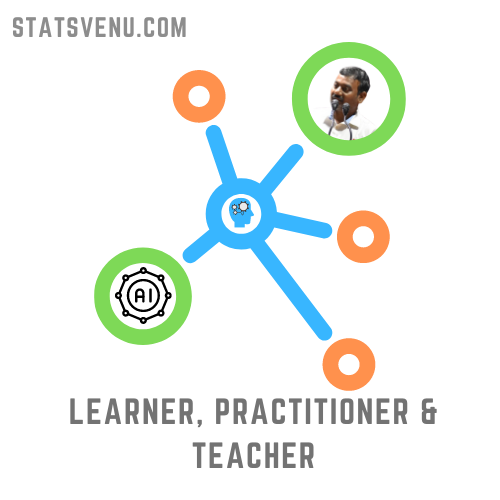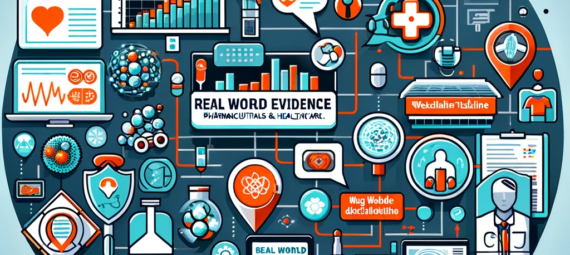Introduction:
In recent years, the healthcare and pharmaceutical sectors have been increasingly turning to Real World Evidence (RWE) to complement traditional clinical trial data. RWE, derived from Real World Data (RWD), offers a broader perspective on how treatments work in everyday settings, outside the controlled environment of clinical trials. This blog post explores the transformative impact of RWE in pharmaceutical research and healthcare decision-making.
Section 1: Understanding Real World Data (RWD)
Real World Data encompasses a vast array of patient health information, collected from sources such as electronic health records (EHRs), insurance claims, patient registries, and data from wearable technologies. Unlike data from clinical trials, RWD reflects the experiences of a diverse patient population in real-life settings, providing insights into how drugs and treatments perform in the general population, across various demographics and comorbidities.
Section 2: From Data to Evidence – The Journey of RWE
Transforming RWD into RWE involves rigorous analysis and interpretation. Advanced methodologies like big data analytics, artificial intelligence, and machine learning play a crucial role in this process, ensuring that the insights derived are both meaningful and reliable. Ensuring the quality and standardization of RWD is crucial, as it directly impacts the validity of the RWE produced.
Section 3: Impact of RWE in Pharmaceutical Research
In pharmaceutical research, RWE is becoming invaluable. It assists in identifying potential drug targets, enhancing clinical trial designs, and providing evidence for drug efficacy and safety in broader patient populations. RWE is particularly pivotal in post-marketing surveillance, offering ongoing insights into a drug’s performance after its release, which can lead to quicker approvals and expanded drug indications.
Section 4: RWE in Healthcare Decision Making
Healthcare providers and policymakers are leveraging RWE to make more informed decisions. This evidence aids in developing treatment guidelines, shaping healthcare policies, and improving patient care. RWE offers a more comprehensive understanding of treatment outcomes in diverse real-world settings, which is crucial for personalized medicine.
Section 5: Challenges and Ethical Considerations
Despite its potential, the use of RWE is not without challenges. Issues such as data privacy, varying data quality, and the need for robust regulatory frameworks are significant hurdles. Ethical considerations, including patient consent for using their data and ensuring data security, are also paramount.
Conclusion:
The integration of Real World Evidence into the pharmaceutical and healthcare industries marks a significant shift towards more inclusive and comprehensive medical research and patient care. As the use of RWE grows, it holds the promise of more personalized, effective, and efficient healthcare, tailored to the needs of diverse patient populations.



